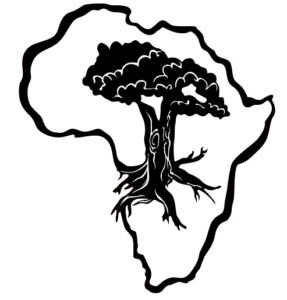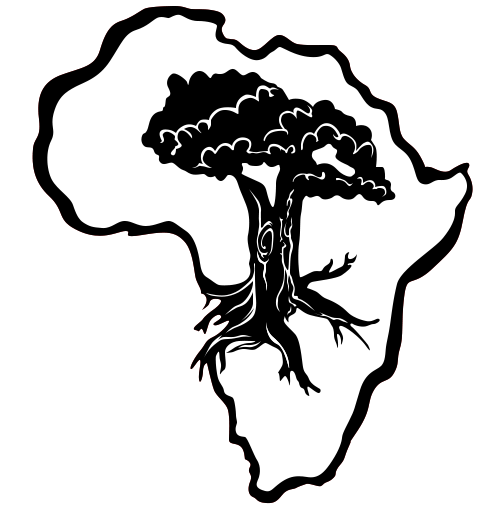ALKEBULAN:
Introduction
Alkebulan was the original name of the continent we now call Africa has a rich and diverse history, extending far beyond its modern name. While “Africa” is globally recognized, historical evidence suggests that the continent was originally known as “Alkebulan.” This name holds deep cultural and historical significance, reflecting the identity and heritage of the continent’s earliest inhabitants.
Etymology and Meaning
Alkebulan is believed to be the oldest name for the African continent. Derived from Arabic, Alkebulan means “Land of the Blacks,” a straightforward term that describes its people. However, there’s more depth to this name. In Dr. Cheikh Anta Diop’s influential work, “The History of Afrika,” Alkebulan is translated as “Mother of Mankind” or “Garden of Eden,” highlighting the continent’s role as a cradle of humanity and a fertile, life-sustaining land.
Historical Significance
The name Alkebulan is not just a label; it embodies the essence of the continent’s identity before external influences renamed it. Many scholars argue that Alkebulan was the first name used by Africans for their homeland, long before the Romans and Greeks introduced the name “Africa.” This indigenous term was central to the identity of early black inhabitants, reflecting their understanding of themselves and their world.
The Transition to “Africa”
The shift from Alkebulan to Africa is rooted in the interactions between the continent and ancient civilizations, particularly the Romans and Greeks. “Africa” is thought to have originated from the Roman term “Africa terra,” meaning “the land of the Afri,” a Berber tribe in the region of Carthage (modern-day Tunisia). Over time, this term evolved and spread across various cultures, eventually becoming the continent’s widely recognized name.
Cultural and Historical Implications
This transition from Alkebulan to Africa is not just a linguistic change; it signifies deeper cultural and historical transformations. The original name, Alkebulan, represents a period when the continent’s identity was self-defined, based on native perspectives and experiences. The adoption of the name Africa, however, marks the beginning of external influences and the continent’s integration into a broader global context shaped by colonial and imperial powers.
Rediscovering Alkebulan
In recent years, there has been a renewed interest in the name Alkebulan. This revival is part of a broader movement to reclaim and celebrate indigenous African heritage, history, and identity. By embracing the name Alkebulan, Africans and people of African descent around the world are reconnecting with a part of their ancestral heritage that predates colonial influences.
Conclusion
Alkebulan, as the oldest known name for the African continent, carries profound cultural and historical significance. It serves as a reminder of the continent’s rich heritage and the identity of its earliest inhabitants. Understanding and acknowledging the name Alkebulan allows for a deeper appreciation of Africa’s history and a reclaiming of its indigenous legacy. In a world where historical narratives have often been shaped by external forces, revisiting and celebrating names like Alkebulan is an important step towards honoring and preserving the true essence of Africa.
This write-up is crafted to ensure originality and relevance to African readers, capturing the depth and significance of the name Alkebulan while being engaging and informative.

